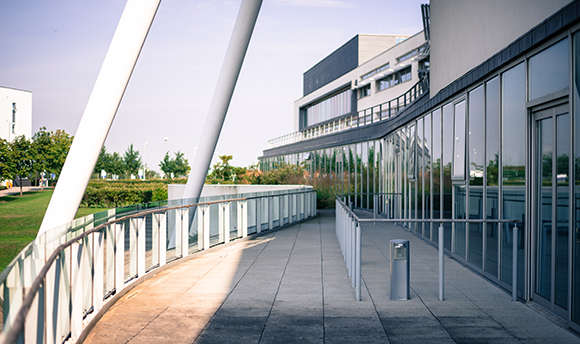Emeritus Professor (School of Arts, Social Sciences and Management)
School of Arts, Social Sciences and Management
Professor Russell Rimmer’s research in dynamical systems resolved questions arising from the work of Poincare near the beginning of the 20th century. His research in income distribution was described by a reviewer as the most important contribution since David Ricardo. Applied work involving a country wide representative survey and statistical analysis of Australian women’s careers was hailed as ‘ground breaking’. His work on Australian youth involved longitudinal analyses (Bell et al 1990, 1994) that explored the evolution of labour-market outcomes in light of educational attainment and other background characteristics. With collaborators, he built a model of organisational processes that produced complexity and chaos (rather than drawing on the sciences to borrow complexity as a metaphor). He works also on the quality of police services and the perceptions of audiences attending non-conventional festivals. In both of these endeavours, one aim is to advise management on ways to improve performance and benchmark outcomes.
Since being awarded a grant to research student performance and progression at University of the West of Scotland, Russell has devised and tested a retention model; used it to assess the effects of decisions students make about study and rest-of-life demands; applied the model internationally; used it to compare outcomes for students in business schools and other disciplines; compared outcomes for men and women in a longitudinal study; studied the role of school mathematics in university outcomes; investigated student and staff perceptions of employability and how these vary across disciplines; applied a hybrid higher-education model to the analysis of Executive MBA students; and devised a brief intervention intended to motivate students to improve study approaches.



